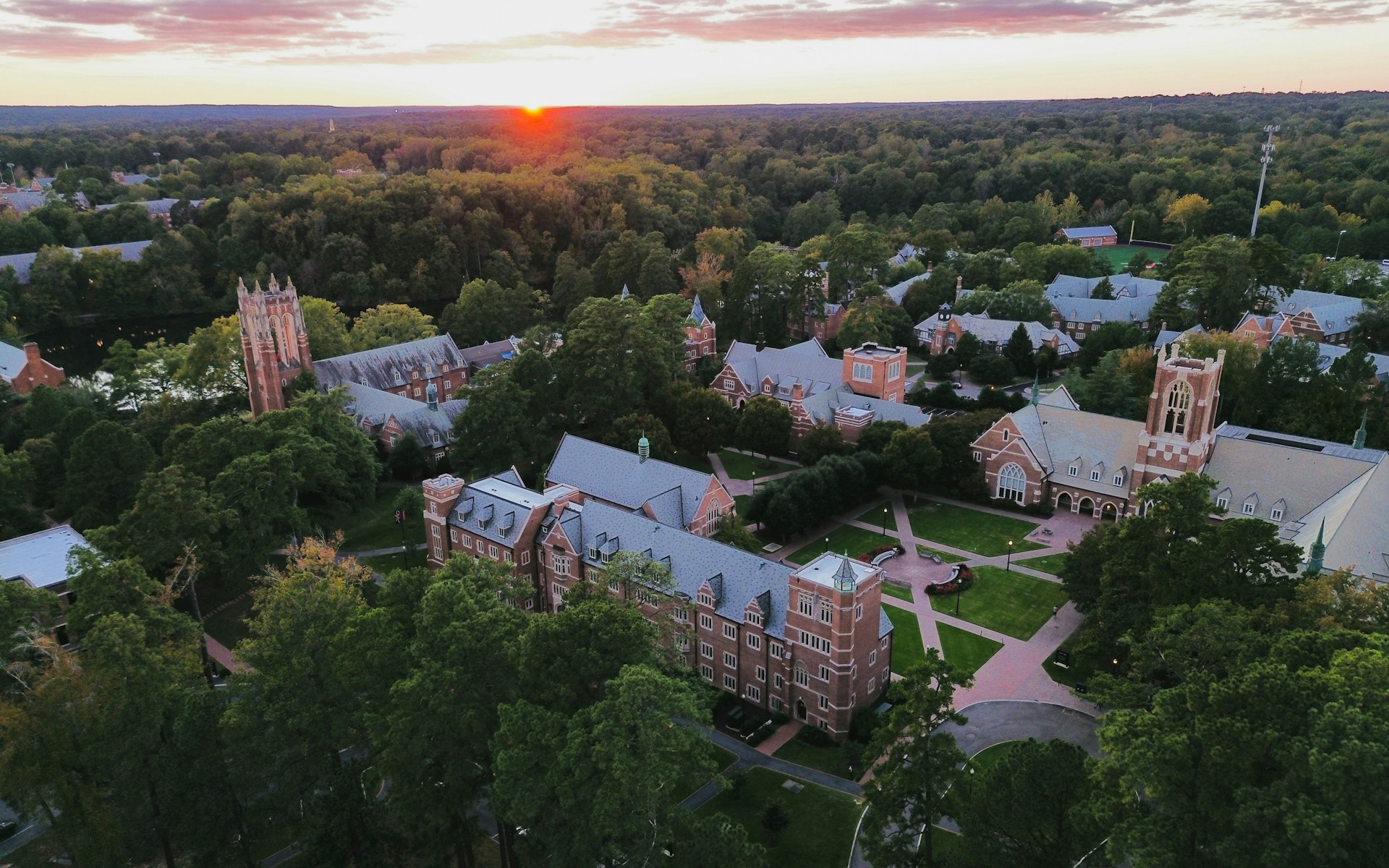By Hannah Penwright
Throughout the Earth’s history, the climate has been constantly changing due to natural fluctuation. However, temperatures recently have been increasing quicker than ever and although we might be enjoying the sunshine, scientists see this as a huge concern for the well-being of our planet. Since 2000, 16 out of the 17 warmest years on record occurred and the world is one degree hotter than it was between 1850 and 1900 due to human’s impact on the planet through actions such as burning fossil fuels. Although a one-degree increase doesn’t sound like much, it is already causing detrimentalÔÇöand in many casesÔÇöirreversible damage to the planet. Without significant changes to the way we live, current problems such as droughts, melting snow caps, and intense heat waves are just going to get more and more serious.
Malawi is a low-income, largely agricultural country in Africa which over recent years has been significantly affected by climate change. Due to its vast expanse of rural areas, when civilians are hit by changes to the rainfall patterns, it severely affects the number of crops they can produce and sell. This is especially serious considering 90% of Malawians rely on their crops to survive. Andrea and David Taylor, friends from my church, have lived in Malawi since 1993 with their three children. They work with churches and set up small business selling produce such as pineapples and tomatoes to give locals an income. Whilst living in Malawi, they have seen first-hand how the country has changed due to climate change. When asking them about their experiences, they told me:
“When we were here 26 years ago the rains would last from November till March. Heavy rain in the afternoon every day for about an hour then sunshine again. You could almost set your clock by it. Now we have no idea when the rains will come, and they are very patchy, so some areas get much less.”
Nixon, who works for the family, has had both floods and droughts affecting his crops. Fortunately, he has another income meaning he can still buy food, but not everyone in Malawi has this. When their crops fail, these farmers have nothing to fall back on. Esoko (an agricultural information and communication service) provides farmers with weather forecasts to give them guidance of when best to plant different crops to reduce the amount of waste. However, it’s still upsetting that Malawians are being affected by climate change so much even though their greenhouse gas emissions are much lower than in other countries.
Vietnam is a Southeast Asian country located by the coast, meaning it is at high risk of rising sea levels. As ice caps are melting and bodies of water are expanding, the sea levels in Vietnam are currently rising at around 3 millimetres each year. Although this doesn’t sound like much, this is causing seawater to infiltrate into the soil, affecting the quality of the crops produced. Additionally, homes in coastal areas are being destroyed as the coast is eroded. If the sea level increases by 1 metre, it is predicted that over one-fifth of the capital city will be flooded, which will negatively affect the economy and social lives of 12% of the population. There has also been an increase in droughts, typhoons and floods which is negatively affecting the lives of those living in Vietnam.
Brazil is, according to experts, a country especially at risk from climate change, with Rio de Janeiro predicted to be the city most negatively impacted in South America. 2005 was a particularly bad year in terms of the climate, with thermometers reaching 44.6 degrees Celsius in northern BrazilÔÇöthe highest temperature recorded in their history. There have already been links between higher temperatures and increased death rates, and so as temperatures continue to climb, this problem is just going to get worse and worse. In 2005, the first of three major drought years hit Brazil (with the other two in 2010 and 2015), which scientists claim are causing as much damage to the climate as deforestation. The 2005 drought in the Amazon region caused the lowest amount of rain in almost 50 years, which led their production of soy to drop by 10%, an important commodity used as animal feed and in the manufacture of bio-fuel. These droughts are also increasing the risk of wildfires which is a significant concern due to the large areas of forest in Brazil, leading to losses of wildlife, people’s homes and vegetation.
The future for how climate change is affecting our planet is looking far from bright. When one area of our lives is affected such as agriculture, it has a knock-on effect on other factors like the economy and human health, which is extremely concerning. Poorer countries are more likely to be affected by these changes. This is heart-breaking for two reasons: one is that they are having to deal with the problems that richer countries such as the USA and China are contributing to the most. Two: because of their lack of money, they are the least equipped to deal with the changes global warming is causing. It is predicted that by the end of the 21st century, the planet will have warmed by a further 2-5 degrees Celsius. This means that the problems we are seeing now in countries across the globe are just going to get worse. Cutting greenhouse gas emissions is still imperative so we can reduce the amount of further damage we do. However, scientists say that for the damage we’ve already caused, many of the problems created are irreversible because it takes our climate hundreds of years to react to changes in temperature.


